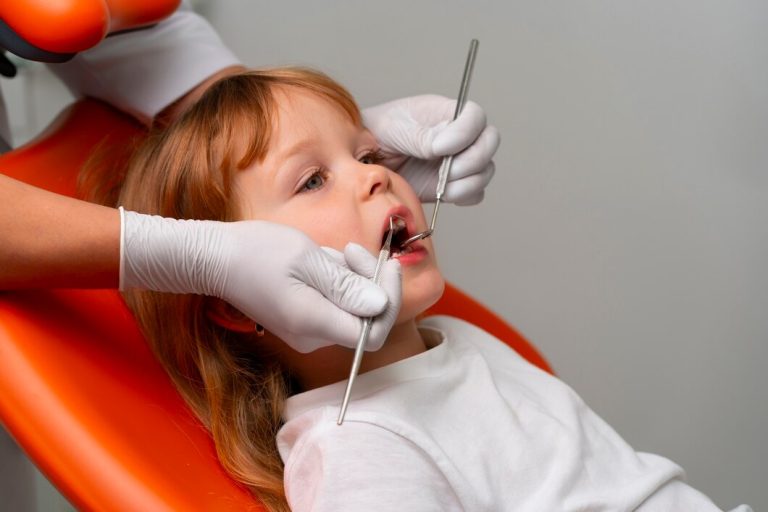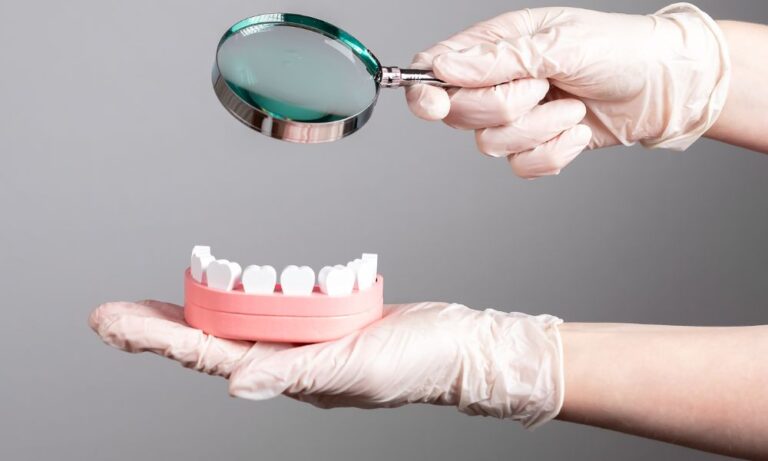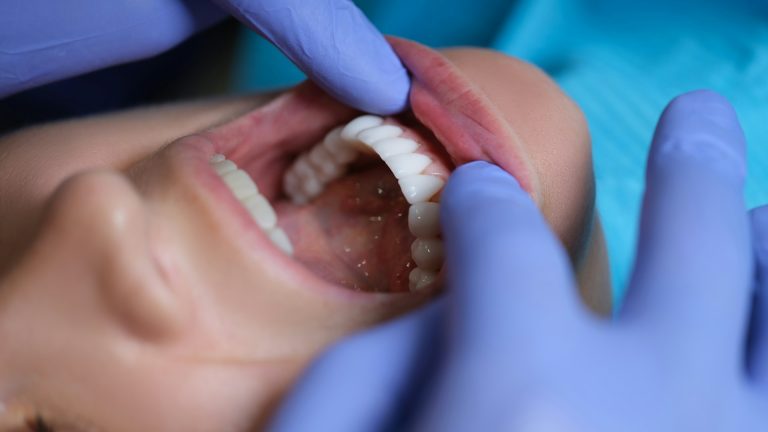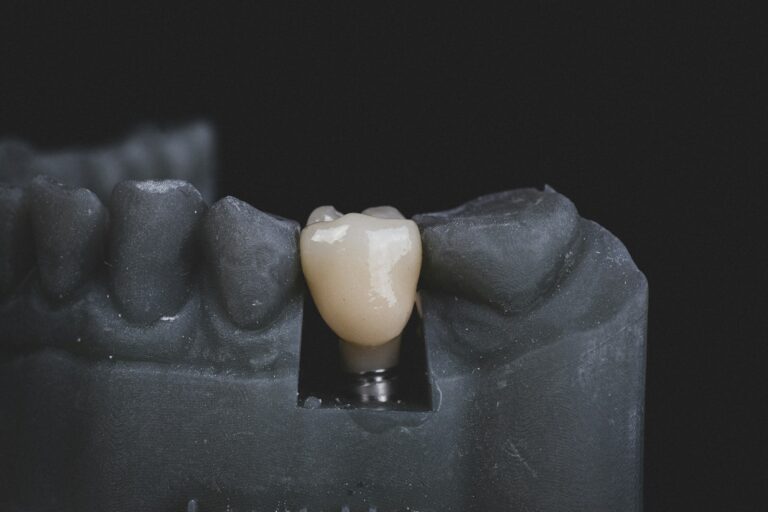Periodontal disease, commonly known as gum disease, is a prevalent oral health issue that affects millions of people worldwide. A multifaceted condition, it is characterized by a spectrum of symptoms that vary in severity, ranging from simple gum inflammation to major damage to the bone and soft tissue supporting the teeth.
If left untreated, periodontal disease can result in tooth loss, and research has linked it to other serious health problems such as heart disease and diabetes. With that in mind, let’s break down the stages of periodontal disease, the accompanying symptoms to look out for, and preventative measures to maintain optimum oral health.
Understanding these facets is crucial, not only from an oral health perspective but also in the context of overall well-being. With knowledge comes empowerment, and the first step in combating periodontal disease is understanding its nature and progression.
Whether you’re a healthcare professional seeking to expand your knowledge or an individual concerned about your dental health, this guide provides valuable insights into the detection, progression, and prevention of periodontal disease.
The Stages of Periodontal Disease
Periodontal disease is a progressive condition that affects the gums and supporting structures of the teeth. It begins with a mild inflammation called gingivitis and, if left untreated, can progress to periodontitis. Understanding the stages of periodontal disease is vital in recognizing the warning signs and seeking professional treatment:
1. Gingivitis: The earliest stage of periodontal disease is characterized by inflammation of the gums due to the accumulation of plaque and bacteria. If ignored, it may progress to more severe stages. Symptoms include red, swollen gums that may bleed while brushing or flossing. Fortunately, gingivitis can be reversed through improved oral hygiene and professional dental cleanings.
2. Mild to Moderate Periodontitis: If gingivitis remains untreated, it may progress to periodontitis, where plaque and tartar extend below the gum line, causing further inflammation and destruction of both gum tissue and the supporting bone. Symptoms include worsening gum bleeding, persistent bad breath, and pockets forming around the teeth, which may loosen.
3. Advanced Periodontitis: In this severe stage, the supporting bone and gum tissue are significantly damaged, leading to tooth mobility and eventual tooth loss. Chronic bad breath, gum abscesses, tooth sensitivity, and severe pain while chewing may also be experienced. Advanced periodontitis typically requires aggressive dental intervention, like deep cleaning or periodontal surgery, to save the teeth.
Symptoms and Signs to Look Out For
Identifying periodontal disease at its early stage is crucial for controlling and preventing severe consequences. The following symptoms should prompt you to seek professional advice:
- Red or swollen gums
- Bleeding gums while brushing or flossing
- Persistent bad breath or a bad taste in the mouth
- Gum recession or teeth appearing longer than before
- Formation of pockets between the teeth and gums
- Teeth feeling loose or shifting
- Changes in bite or the way your teeth fit together
If you experience any of these signs, it’s vital to schedule an appointment with a dental professional like Colorado Gum Care to assess and treat your gum health.
Causes and Prevention of Periodontal Disease
Preventing periodontal disease starts with understanding its causes and practicing good oral hygiene. Here are some common causes and preventive measures:
1. Poor Oral Hygiene: Inadequate brushing and flossing lead to plaque buildup, which can cause gum irritation and inflammation. Regular brushing and flossing, along with dental cleanings, can prevent plaque accumulation and protect your gums.
2. Smoking and Tobacco Use: Smoking increases the risk of periodontal disease as it weakens the immune system and reduces blood flow to the gums, making it difficult to fight off infection. Quitting smoking is crucial for improving your gum health.
3. Genetics: Some individuals may be genetically predisposed to gum disease. Regular dental checkups and cleanings can help detect and resolve early symptoms, preventing the progression of the disease.
4. Medications: Certain medications may create gum health issues. Medications that cause dry mouth can lead to bacterial growth and gum irritation. Always discuss your medication history with your dentist to identify potential risks.
5. Hormonal Changes: Women may experience increased gum sensitivity and inflammation during periods of hormonal fluctuations, such as pregnancy and menopause. Scheduling dental checkups during these stages can help manage and monitor your gum health.
6. Health Conditions: Diabetes and other systemic illnesses can affect gum health by impairing the body’s immune response. Properly managing underlying health conditions and maintaining oral hygiene can help maintain gum health.
Colorado Gum Care’s Expertise in Periodontal Care
At Colorado Gum Care, we pride ourselves on providing comprehensive periodontal care for our patients using state-of-the-art technology and advanced treatment methods. Our experienced team will work with you to create a personalized treatment plan addressing your specific needs. Some of our top periodontal care services include:
1. Professional Cleanings: Regular dental cleanings are essential to prevent plaque and tartar buildup, minimizing the risk of periodontal disease.
2. Scaling and Root Planing: This deep-cleaning procedure focuses on removing plaque and tartar from tooth surfaces and beneath the gum line, promoting gum healing and reducing inflammation.
3. Periodontal Maintenance: Our dental professionals will regularly assess your gum health and provide ongoing care to help prevent the recurrence of periodontal disease.
4. Periodontal Surgery: For advanced periodontitis, surgical intervention may be necessary. Our skilled dentist will advise on the best course of action, catering to your specific needs and sensitivities.
Understanding the Progression of Periodontal Disease: An In-Depth Look at its Stages
Periodontal disease is a prevalent dental issue that, if left untreated, can lead to severe consequences. By understanding the various stages of this disease, its symptoms, and prevention methods, you can safeguard your gums and overall oral health.
At Colorado Gum Care, our dentists in Westminster strive to provide comprehensive dental care to the Northglenn community, focusing on expert periodontal treatment and patient education. Together, we can help maintain healthy gums and smiles for a lifetime. Contact our team today to schedule a consultation and take the necessary steps towards optimal gum health.







